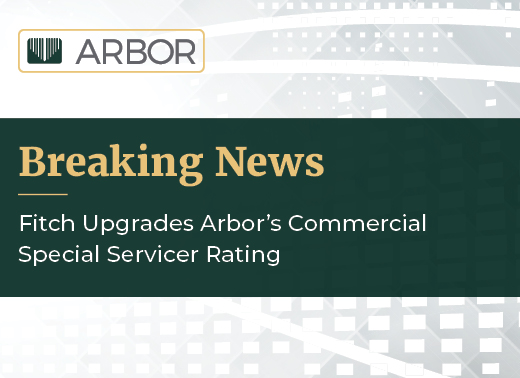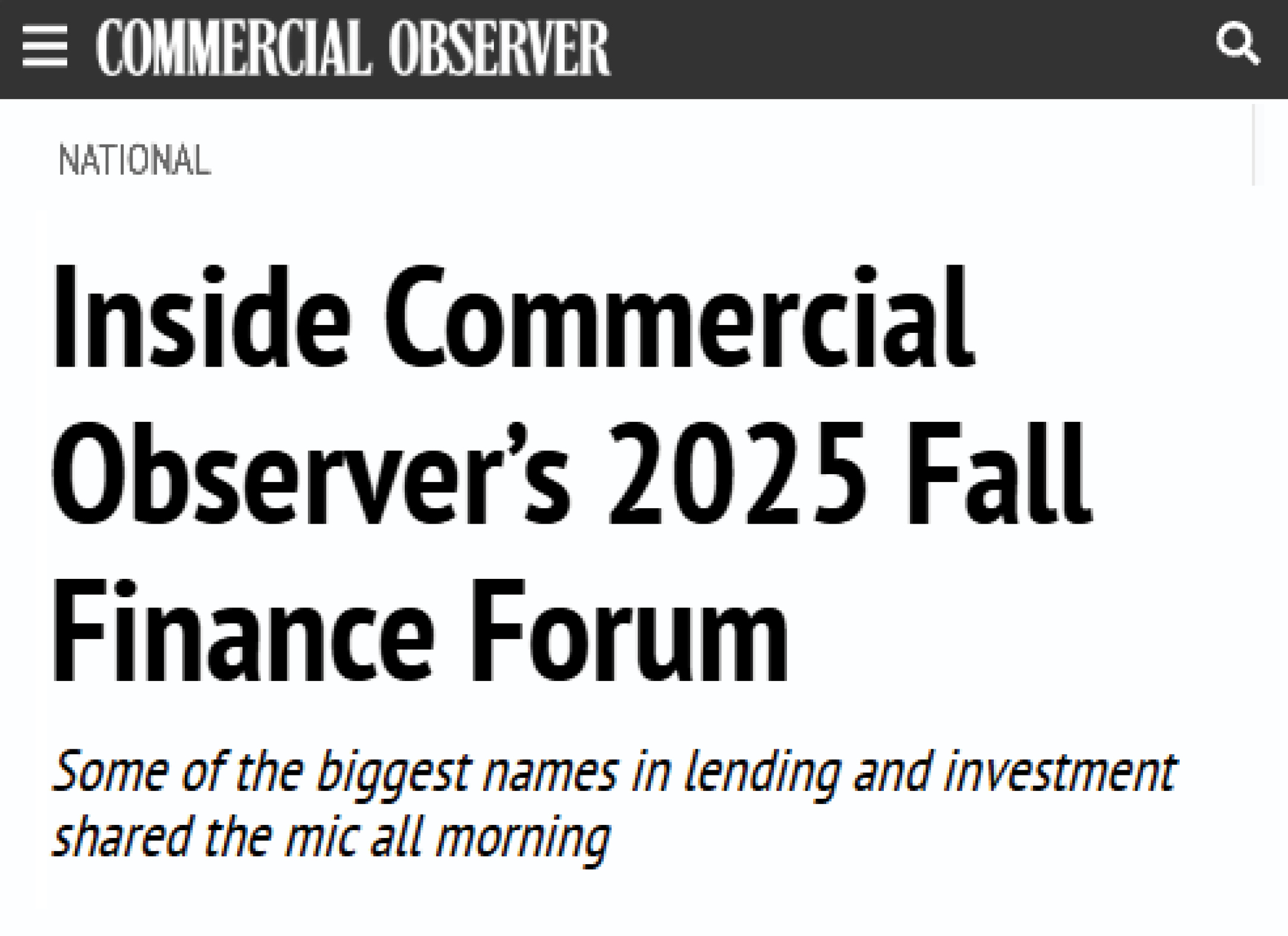Ivan Kaufman on Secrets to Success: “Inside the ICE House”

Ivan Kaufman, the Chairman, CEO and President of Arbor Realty Trust, Inc. (NYSE:ABR), which he founded, was featured on Intercontinental Exchange’s “Inside the ICE House” podcast, hosted by Josh King. In an episode titled “Arbor Realty Trust CEO Ivan Kaufman Builds an Empire From Multifamily Homes,” Kaufman shared insights about entrepreneurship and multifamily trends in 2020.
Although COVID-19 has taken a severe toll on the economy, Arbor has continued its upward growth. In the second quarter of 2020, the REIT increased its core earnings and raised dividends for the ninth year in a row. Kaufman partly attributed the company’s success to its diversified income streams, including originating and servicing loans and owning real estate.
“Our core asset class is multifamily and that’s not by accident. Going through several recessions including the Great Recession, it was evident that the multifamily asset class is extremely resilient,” said Kaufman. That’s one of the key reasons why Arbor is the best performing mortgage REIT in the industry.
Arbor has adhered to its steadfast principles of maintaining strong fundamentals, while being nimble in innovating products and services. Kaufman explained that the CARES Act provided money, which enabled tenants to pay rent. This allowed borrowers to pay their mortgages and institutions to service their loans. Thus, the real estate market remained stabilized. As one example of its pioneering actions, with its borrowers, Arbor created a rental assistance program (ARAP) to supplement governmental assistance to tenants financially impacted by COVID-19.
Arbor’s chairman predicted technology will streamline processes, improve information and lower costs. Kaufman has observed significant increases in efficiency with electronic signatures and the elimination of duplicative data. “I wouldn’t be surprised if getting a multifamily loan in a year or two from now will go from 30 to 15 days. We’ll continue to see those kinds of improvements,” he stated.
With COVID-19’s disruptions, Kaufman provided a CRE perspective. He emphasized that 60% of asset classes, comprising multifamily, single-family rental and industrial, are performing extremely well. Other property types, such as retail, hospitality and offices, face different challenges.
For multifamily, depending on the location, Kaufman forecasted a slight decline in rent growth and occupancy, with flight to the suburbs. However, he commented, “That’s going to be offset by price appreciation because multifamily is such a strong investment asset class. With low interest rates, you’re going to see cap rates compress and values go higher.”
In the fourth quarter, multifamily purchase transactions will return to normal and refinancings will reach record levels, according to Kaufman. This portends additional future profitability for Arbor.
Yet the forward-thinking CEO refuses to rest on his laurels and has even greater aspirations for his company. “Our mission is to become fully vertical and to offer every product for multifamily, from investment sales all the way through servicing,” said Kaufman. “Whether it be equity, preferred equity, permanent debt, bridge products or construction lending, we will have a program over the next two to three years.”
For more on Kaufman’s business strategies, and his perspectives on the real estate industry and multifamily weathering the current economic storm, listen to the full podcast below and more of Ivan’s recent appearances in the news.
Learn about Arbor’s multifamily financing solutions for your investment goals. Contact Arbor today to speak with one of our origination specialists.





